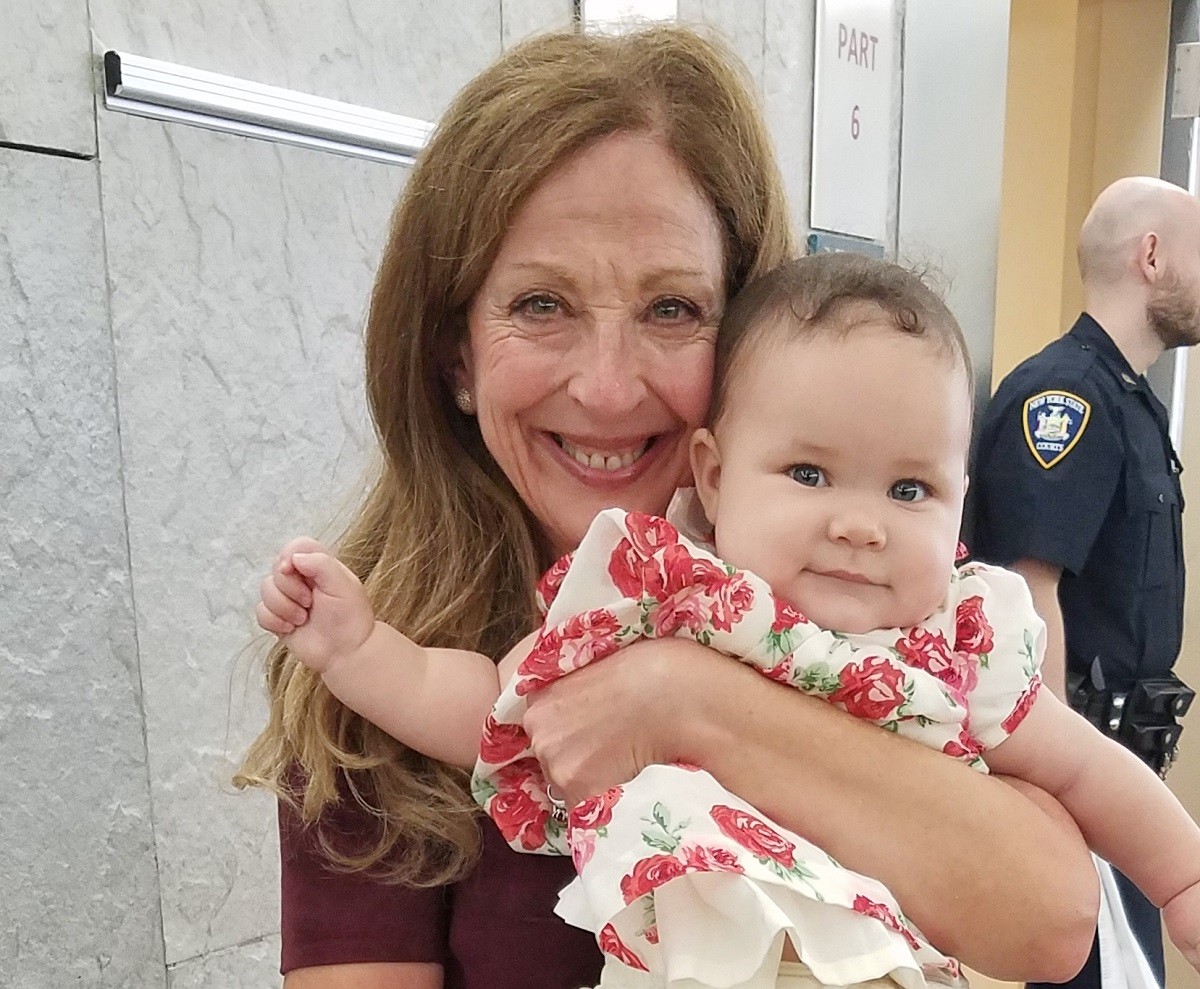What do birth mothers ask and what do adoptive parents ask?
BIRTH MOTHERS ASK: ISN’T IT DIFFICULT TO FIND ADOPTIVE PARENTS FOR MY BABY?
ADOPTIVE PARENTS ASK: ISN’T IT DIFFICULT TO FIND A CHILD TO ADOPT DOMESTICALLY?
There are thousands of birth mothers in the United States looking for adoptive parents for their children and there are thousands of adoptive parents seeking a child to adopt. If you decide to make adoption a crusade, you can find a birth mother or adoptive parents in the United States through: searching on the Internet, networking with people, or contacting a licensed adoption agency. The first step is to speak with an experienced adoption attorney to ensure that you connect with a birth mother or adoptive parents safely and legally.
Remember that you are one lucky phone call, text, e-mail, or conversation away from finding adoptive parents or a birth mother seeking adoption.
BIRTH MOTHERS ASK: HOW CAN I MAKE SURE THAT THE ADOPTIVE FAMILY IS LEGALLY QUALIFIED?
ADOPTIVE PARENTS ASK: HOW CAN I OBTAIN SOCIAL AND MEDICAL INFORMATION ON MY CHILD?
Adoptive parents must be qualified under the laws of their state in a preadoptive homestudy by a licensed agency or social worker, including criminal and child abuse clearances. The attorney representing birth mothers and adoptive parents will obtain a copy of the homestudy.
A birth mother will provide her social and medical history and prenatal medical records through her attorney or adoption agency so that her child has this vital information. After the baby is born, the attorney or agency will obtain the baby’s medical records from the hospital.
BIRTH MOTHERS ASK: HOW WILL MY PARENTAL RIGHTS BE ENDED?
ADOPTIVE PARENTS ASK: WILL THE BIRTH MOTHER BE ABLE TO TAKE MY CHILD BACK?
A birth mother does not give up her parental rights until after the baby is born. She is entitled to supportive counseling before relinquishing rights to ensure that her decision is informed, and she is entitled to be represented by a knowledgeable adoption attorney who will protect her rights and the integrity of the adoption. Once a birth mother’s parental rights are ended in court, she has no legal right to the child.
The best way to ensure that a birth mother and adoptive parents are committed to the adoption is to establish a caring relationship with one another. Adoptive parents and a birth mother usually speak regularly during the pregnancy and meet well before the child is placed for adoption. Birth mothers and adoptive parents can expect to treat each other with respect and to honor the adoption, while being compassionate and honest about each of their roles in the adoptive child’s life.
BIRTH MOTHERS AND ADOPTIVE PARENTS ASK: WHAT LEVEL OF OPENNESS CAN I EXPECT IN THE ADOPTION?
At the beginning of the adoption process, most adoptive parents are fearful that they will be forced to share their child with a birth family, while many birth mothers feel strongly that they want some ongoing contact after the child is placed for adoption.
Even in the most open adoptions, there is no co-parenting. The adoptive parents make all of the decisions for the child and the child views them as his or her parents.
Almost all adoptions of infants born in the United States today are open. I have adoptions in my law practice which range from extremely open to closed, but most are what I characterize as semi-open. In the totally open adoptions, the birth parents and adoptive parents exchange identifying information and meet in person, not only before the adoption, but over the years. In the semi-open adoptions, most birth parents want to meet the adoptive parents on a first name basis before placing the child for adoption and wish to have updates and photos of the child at a set time each year, typically on birthdays, through texting or email. The knowledge that she will receive ongoing communication reassures a birth mother that her child is thriving in an adoption and can be a wonderful way for adoptive parents and children to have tough questions answered. Whatever the level of openness, the best interest of the adoptive child governs all contact.


